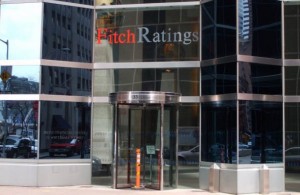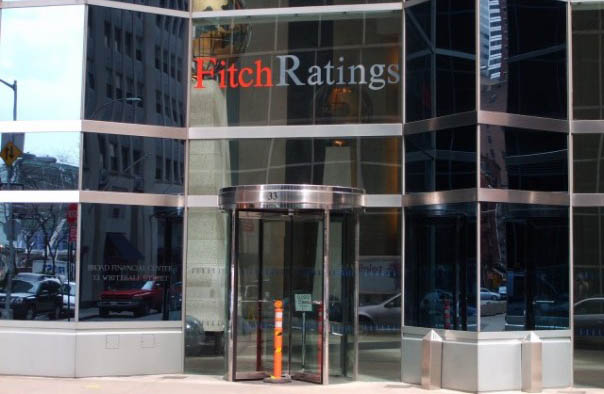By: Jaswinder Singh
 The Fitch Ratings 2011 outlook for the Indian real estate sector seems to contradict itself. While it says the realty market is stable in the year, it also warns of a negative bias. The negative forecast of Fitch Ratings is, however, based more on the sentiments than the emerging market reality.
The Fitch Ratings 2011 outlook for the Indian real estate sector seems to contradict itself. While it says the realty market is stable in the year, it also warns of a negative bias. The negative forecast of Fitch Ratings is, however, based more on the sentiments than the emerging market reality.
Fitch report says the overall demand environment improved during 2010, and is likely to remain stable during 2011. The demand for residential units, driven by the high growth rate in the Indian economy and rapid urbanisation, is expected to be the main driver of the industry in the medium term. However, the absorption rate is likely to be slowed down over the near-term on account of the strong increase in residential unit prices witnessed in the second half of calendar year 2010 (H2CY10).
The withdrawal of teaser interest rates by lenders and the increase in interest rates expected in H1CY11 are also likely to dampen residential demand. Fitch expects renewed hiring by the IT/IT-enabled services (IT/ITeS) sector is likely to give the commercial real estate sector a boost in 2011. Oversupply in this segment, however, is a cause for concern.
Regulatory measures by RBI will have a considerable impact on the real estate sector during 2011. Any increase in risk weights on bank lending to real estate companies would adversely affect the amount of funding available to the industry and cause liquidity problems, as the majority of the companies are highly leveraged and their dependence on debt refinancing is high.
Real estate companies planning IPOs in 2011 may experience a lack of enthusiasm on the part of investors due to the lending scams uncovered. Any failure to raise funds through the equity markets would increase real estate companies’ dependence on banks and increase their vulnerability to the RBI’s regulatory action.





